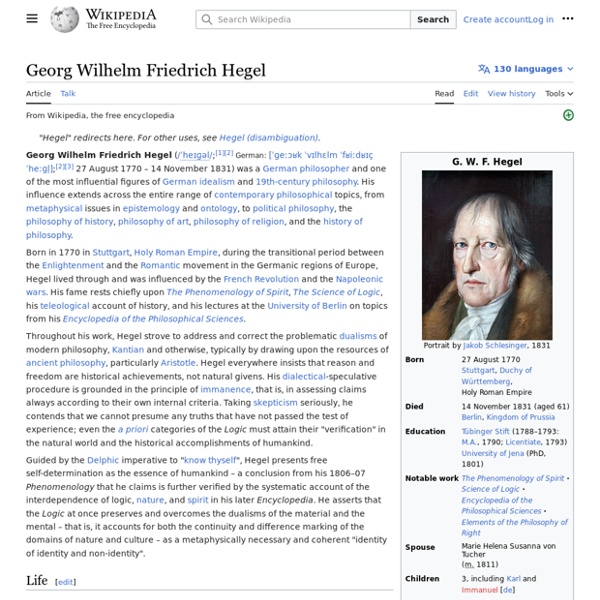Nabucco
Nabucco is the opera which is considered to have permanently established Verdi's reputation as a composer. He commented that "this is the opera with which my artistic career really begins. And though I had many difficulties to fight against, it is certain that Nabucco was born under a lucky star".[2] It follows the plight of the Jews as they are assaulted, conquered and subsequently exiled from their homeland by the Babylonian King Nabucco (in English, Nebuchadnezzar II). The historical events are used as background for a romantic and political plot.
Parsifal
Opera by Richard Wagner Parsifal (WWV 111) is an opera in three acts by German composer Richard Wagner. It is loosely based on Parzival by Wolfram von Eschenbach, a 13th-century epic poem of the Arthurian knight Parzival (Percival) and his quest for the Holy Grail (12th century). Wagner conceived the work in April 1857, but did not finish it until 25 years later. It was his last completed opera, and in composing it he took advantage of the particular acoustics of his Bayreuth Festspielhaus.
Montesquieu
French social commentator and political thinker Charles-Louis de Secondat, Baron de La Brède et de Montesquieu (;[2] French: [mɔ̃tɛskjø]; 18 January 1689 – 10 February 1755), generally referred to as simply Montesquieu, was a French judge, man of letters, and political philosopher. He is the principal source of the theory of separation of powers, which is implemented in many constitutions throughout the world.
Bernard Le Bovier de Fontenelle
Bernard Le Bovier de Fontenelle (French: [fɔ̃tənɛl]; 11 February 1657 – 9 January 1757),[1] also called Bernard Le Bouyer de Fontenelle, was a French author and an influential member of three of the academies of the Institut de France, noted especially for his accessible treatment of scientific topics during the unfolding of the Age of Enlightenment. Biography[edit] Fontenelle was born in Rouen, France (then the capital of Normandy) and died in Paris just one month before his 100th birthday. His mother was the sister of great French dramatists Pierre and Thomas Corneille. Early work[edit] He began as a poet, writing a poem in Latin at the age of 13 and more than once competed for prizes of the Académie française, but he never won anything.
Wilhelm Meister's Apprenticeship
Wilhelm Meister's Apprenticeship (German: Wilhelm Meisters Lehrjahre) is the second novel by Johann Wolfgang von Goethe, published in 1795–96. Plot[edit] The eponymous hero undergoes a journey of self-realization. The story centers upon Wilhelm's attempt to escape what he views as the empty life of a bourgeois businessman. After a failed romance with the theater, Wilhelm commits himself to the mysterious Tower Society.
Heraclitus
Pre-Socratic Greek philosopher Due to the oracular and paradoxical nature of his philosophy, and his fondness for word play, he was called "The Obscure" even in antiquity. He wrote a single work, On Nature, but the obscurity is made worse by its remaining only in fragments.
Nicolas Chamfort
Sébastien-Roch Nicolas, known in his adult life as Nicolas Chamfort and as Sébastien Nicolas de Chamfort (French: [ʃɑ̃fɔʁ]; 6 April 1741 – 13 April 1794), was a French writer, best known for his witty epigrams and aphorisms. He was secretary to Louis XVI's sister, and of the Jacobin club. Biography[edit] Chamfort was born Sébastien-Roch Nicolas, Clermont-Ferrand, Puy-de-Dôme on 6 April 1741, according to a baptismal certificate from Saint-Genès parish in Clermont-Ferrand, to a grocer named Nicolas.
William Shakespeare
William Shakespeare (/ˈʃeɪkspɪər/;[1] 26 April 1564 (baptised) – 23 April 1616)[nb 1] was an English poet, playwright, and actor, widely regarded as the greatest writer in the English language and the world's pre-eminent dramatist.[2] He is often called England's national poet, and the "Bard of Avon".[3][nb 2] His extant works, including collaborations, consist of approximately 38 plays,[nb 3] 154 sonnets, two long narrative poems, and a few other verses, some of uncertain authorship. His plays have been translated into every major living language and are performed more often than those of any other playwright.[4] Shakespeare produced most of his known work between 1589 and 1613.[6][nb 4] His early plays were primarily comedies and histories, which are regarded as some of the best work ever produced in these genres.
Honoré Gabriel Riqueti, comte de Mirabeau
Honoré Gabriel Riqueti, Count of Mirabeau (9 March 1749 – 2 April 1791) was a leader of the early stages of the French Revolution. A noble, he had been involved in numerous scandals before the start of the Revolution in 1789 that had left his reputation in ruins. Nonetheless, he rose to the top of the French political hierarchy in the years 1789–1791 and acquired the reputation of a voice of the people.
Brutus the Younger
Roman politician Brutus was close to General Julius Caesar, the leader of the Populares faction. However, Caesar's attempts to assume greater power for himself put him at greater odds with the Roman elite and members of the Senate.



